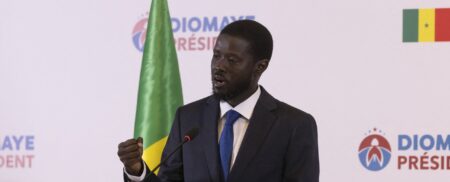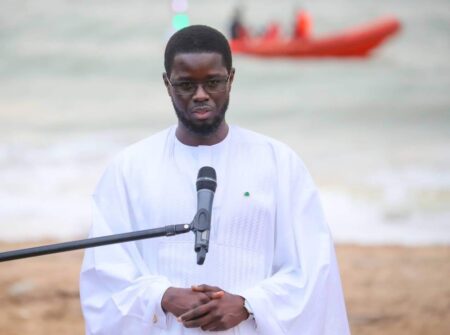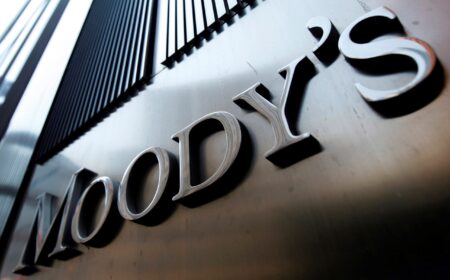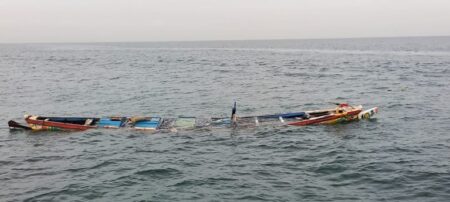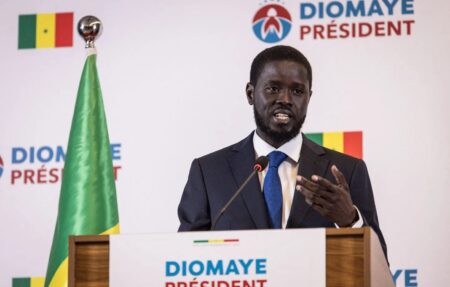- Guinea-Bissau President, Umaro Sissoco Embaló, negotiated the oil deal with his Senegal counterpart, Macky Sall.
- The agreement was revealed by O Democrata newspaper in November 2021 and appears to have been a secret.
- 70 out of 72 members of parliament in the chambers have voted against the agreement.
The president of Guinea-Bissau, Umaro Sissoco Embaló, has negotiated an oil deal with Senegal’s president, Macky Sall, which has left a sour taste.
President Embaló is now facing an uprising against the agreement since the deal was done without the approval of the state’s parliament. The opposition is supported by civil society.
The agreement, which was revealed by O Democrata newspaper in November 2021, appears to have been a secret between the two heads of state.
Read: AfCFTA, China and the Trans African Railway
The report revealed that President Sissoco Embaló had single-handedly negotiated and signed the agreement in October 2020, which stated an uneven share of any future revenues from oil and gas exploration in the sea area located between the two countries.
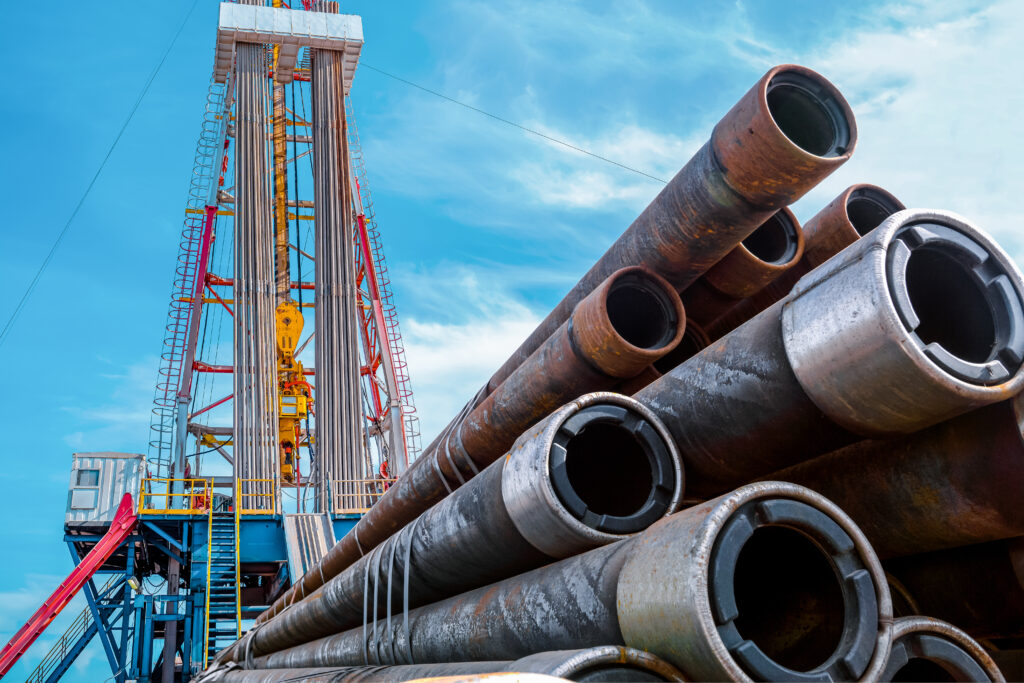
Armando Lona, Editor of O Democrata, said that the agreement provided for the share of future oil and gas revenues between the countries, but the ratio was unfavourable to Guinea Bissau. Lona declared the agreement illegal, saying that the President had bypassed the public on an issue of national significance
He added that raw materials in the country belonged to all Guineans and not just those in power, quoting the secrecy of the country’s resources as very disappointing.
Senegal and Guinea-Bissau agreed to create a common economic zone in 1993. This put an end to a decades-long territorial dispute along the coast. The agreement gave Senegal 54 per cent of the fish, oil, and gas-rich land and Guinea Bissau 46 per cent.
In 2014, however, negotiations were back on the table. They started as low as 15 per cent of the prospective oil and gas area being offered to Guinea Bissau. Through the Agency of Corporation (AGC) between Guinea Bissau and Senegal, both countries have invested in the exploration, extraction, and marketing of the zone’s resources.
AGC headquarters are based in Dakar, Senegal. Armando Lona believes that the agency is not free from controversy. It has already conducted geological studies in the area, and drilling has already commenced. The majority of experts and observers in Guinea Bissau recommend the dissolution of AGC as well as bringing to an end the common economic zone between the two countries.
Read: Top electrification projects undertaken in Africa in 2021
While talking to journalists in Bissau, President Macky Sall said that there was no agreement on revenue distribution. “It is an agreement that intends to regulate the corporation between our two countries in the common economic zone and I am authorized to do so as the AGC is subordinate to the presidents,” President Macky said.
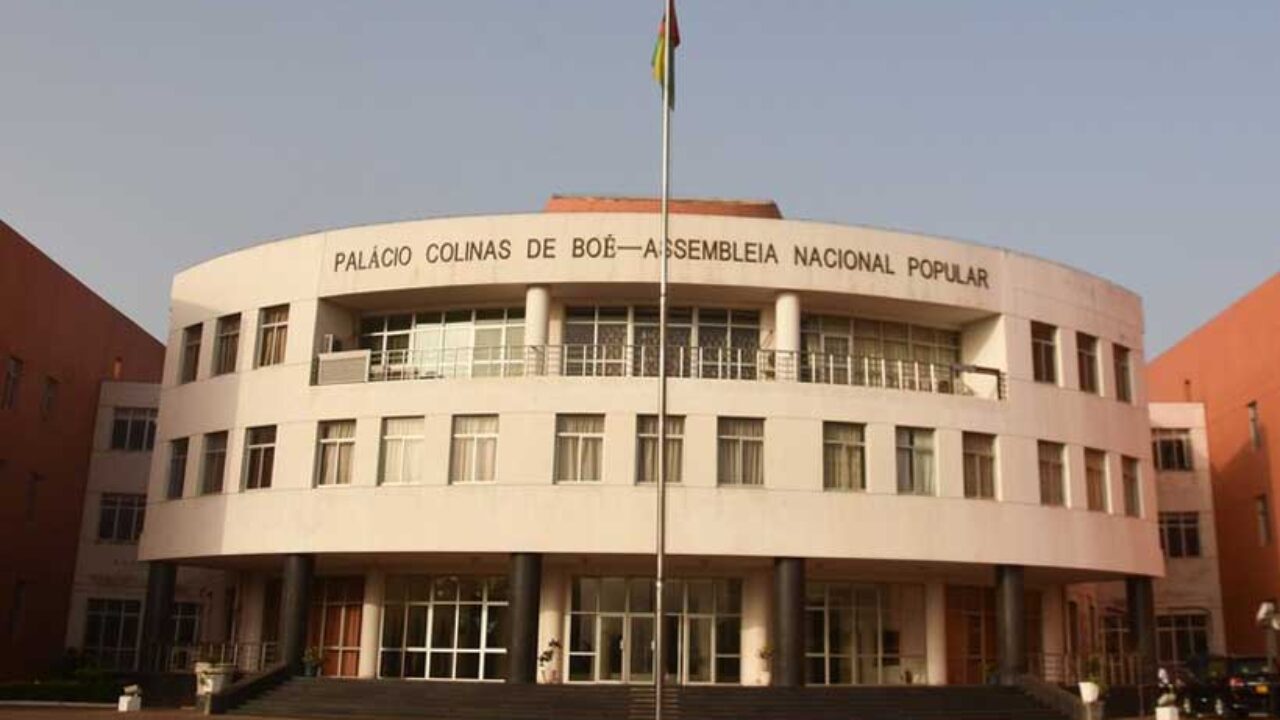
Balde had, however, contradicted the Senegalese economy minister, Amadou Hott, who had publicly declared that there existed an oil exploration contract between the two countries.
Hott’s release from his post increased speculation that there was more tea than was being served. Civil society has been at loggerheads with the President, claiming a lack of transparency in decisions concerning raw materials in the country.
At a press conference on December 14, 2021, 27 NGOs in the country demanded the criminal prosecution of all those who participated in the treaty. On December 15, the parliament of Guinea Bissau unanimously approved the declaration of the agreement as null and void.
70 out of 72 members of parliament in the chambers voted against the agreement.
“We acted to protect the country’s best interests,” Bamba Banjai, the MP, said.
The president of the parliament, Cipriano Cassama, said that they would call on the United Nations, African Union and other international bodies to mediate on the political clash between the president and parliament.
President Sissoko did not take the decision by parliament well, saying that it had clearly exceeded its power and caused serious damage to the international reputation of the country. He then threatened to dissolve parliament as soon as possible.
Read: Africa’s mega power generation projects to light up Dark Continent






